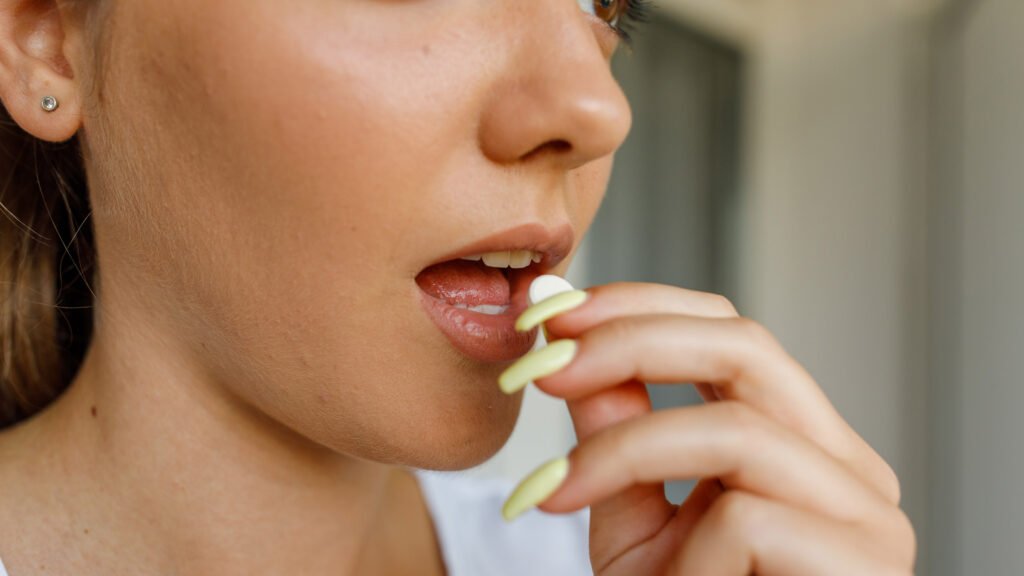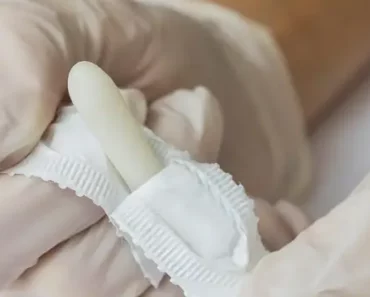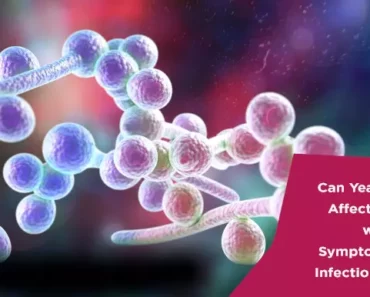Quick Relief: How to Get Rid of a Yeast Infection in 24 Hours?
Dealing with a yeast infection can be both uncomfortable and inconvenient. Fortunately, there are strategies to alleviate the symptoms and potentially clear the infection in as little as 24 hours. This article explores effective treatments, home remedies, and preventative tips to help you find relief quickly and prevent future occurrences.
Table of Contents
Understanding Yeast Infections
Yeast infections are caused by an overgrowth of the fungus Candida, which naturally resides in the body. Factors like antibiotics use, hormonal imbalances, or a weakened immune system can disrupt the natural balance, leading to an infection. Recognizing the early signs is crucial for quick intervention.
Recognizing the Symptoms
Symptoms include itching, burning, redness, and a thick, white discharge. If you notice these symptoms, it’s essential to act swiftly to treat the infection and alleviate discomfort.
Common Misconceptions
Many believe that yeast infections are a sign of poor hygiene or are sexually transmitted. However, they are more about the internal balance of your body’s flora and can affect anyone.
Immediate Actions to Take
At the first sign of a yeast infection, consider over-the-counter antifungal treatments. Products containing clotrimazole or miconazole can offer immediate relief. Applying these creams according to the package instructions can significantly reduce symptoms within 24 hours.
Over-the-Counter Solutions
Pharmacies offer various treatments that can be effective. Look for antifungal creams, ointments, or suppositories that are designed to combat yeast infections quickly.
Home Remedies Worth Trying
- Tea Tree Oil: A few drops mixed with a carrier oil and applied to the affected area can offer relief due to its antifungal properties.
- Yogurt: Eating yogurt with live cultures or applying it directly to the affected area can help restore the natural bacterial balance.
- Garlic: Known for its antifungal properties, consuming garlic can help fight the infection from within.
Dietary Adjustments for Rapid Healing
Reducing sugar intake can hinder the growth of Candida. Incorporating probiotic-rich foods like kefir, kombucha, and fermented vegetables can also support your body’s natural defenses.
Preventative Measures
Maintaining good hygiene, wearing breathable clothing, and avoiding scented hygiene products can reduce your risk of developing a yeast infection. Regularly changing out of wet clothes and choosing cotton underwear can also help keep the area dry and prevent overgrowth.
Importance of Hygiene
Daily showers and keeping the genital area dry are essential steps in preventing yeast infections. Avoid harsh soaps or shower gels that can disrupt the natural pH balance of your genitals.
Clothing and Lifestyle Choices
Tight-fitting clothing and non-breathable materials can create a warm, moist environment ideal for yeast growth. Opting for loose, cotton garments can significantly reduce your risk.
When to See a Doctor
If symptoms persist after 24 hours of self-treatment, it’s crucial to consult a healthcare provider. They can prescribe stronger medications or investigate other underlying causes.
Potential Complications
Untreated yeast infections can lead to more severe conditions, such as chronic infections or complications during pregnancy. Early treatment is key to preventing these outcomes.
FAQs: Quick Answers to Your Questions
- Can men get yeast infections?
- Yes, men can also develop yeast infections, typically presenting as itching and redness on the penis.
- How can I prevent yeast infections from recurring?
- Maintaining a healthy diet, good hygiene, and avoiding unnecessary antibiotics can help prevent recurrence.
- Are yeast infections sexually transmitted?
- While yeast infections are not considered sexually transmitted infections, they can be passed between sexual partners.
- Can a yeast infection clear up on its own?
- In some cases, mild yeast infections can resolve without treatment, but intervention is often necessary to alleviate symptoms and prevent recurrence.
- Is it safe to treat a yeast infection while pregnant?
- Yes, but it’s essential to consult a healthcare provider for safe treatment options during pregnancy.
- Can stress cause a yeast infection?
- Stress can impact your immune system and may contribute to the conditions that allow yeast infections to develop.

Conclusion: Embracing a Yeast Infection-Free Future
Understanding how to get rid of a yeast infection in 24 hours is the first step toward relief. By recognizing symptoms early, utilizing effective treatments, and implementing preventative measures, you can manage these infections effectively and maintain your comfort and health.



